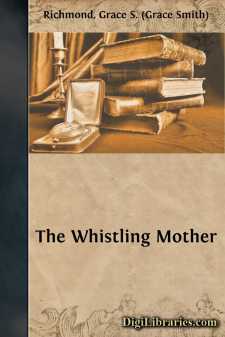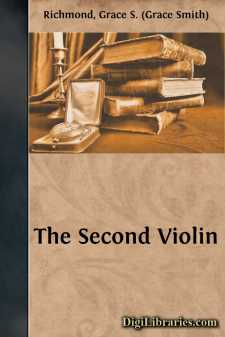Categories
- Antiques & Collectibles 13
- Architecture 36
- Art 48
- Bibles 22
- Biography & Autobiography 813
- Body, Mind & Spirit 142
- Business & Economics 28
- Children's Books 17
- Children's Fiction 14
- Computers 4
- Cooking 94
- Crafts & Hobbies 4
- Drama 346
- Education 46
- Family & Relationships 57
- Fiction 11829
- Games 19
- Gardening 17
- Health & Fitness 34
- History 1377
- House & Home 1
- Humor 147
- Juvenile Fiction 1873
- Juvenile Nonfiction 202
- Language Arts & Disciplines 88
- Law 16
- Literary Collections 686
- Literary Criticism 179
- Mathematics 13
- Medical 41
- Music 40
- Nature 179
- Non-Classifiable 1768
- Performing Arts 7
- Periodicals 1453
- Philosophy 64
- Photography 2
- Poetry 896
- Political Science 203
- Psychology 42
- Reference 154
- Religion 513
- Science 126
- Self-Help 84
- Social Science 81
- Sports & Recreation 34
- Study Aids 3
- Technology & Engineering 59
- Transportation 23
- Travel 463
- True Crime 29
The Twenty-Fourth of June
Description:
Excerpt
CHAPTER I
THE CURTAIN RISES ON A HOME
None of it might ever have happened, if Richard Kendrick had gone into the house of Mr. Robert Gray, on that first night, by the front door. For, if he had made his first entrance by that front door, if he had been admitted by the maidservant in proper fashion and conducted into Judge Calvin Gray's presence in the library, if he had delivered his message, from old Matthew Kendrick, his grandfather, and had come away again, ushered out of that same front door, the chances are that he never would have gone again. In which case there would have been no story to tell.
It all came about—or so it seems—from its being a very rainy night in late October, and from young Kendrick's wearing an all-concealing motoring rain-coat and cap. He had been for a long drive into the country, and had just returned, mud-splashed, when his grandfather, having taken it into his head that a message must be delivered at once, requested his grandson to act as his messenger.
So the young man had impatiently bolted out with the message, had sent his car rushing through the city streets, and had become a still muddier and wetter figure than before when he stood upon the porch of the old Gray homestead, well out in the edge of the city, and put thumb to the bell.
His hand was stayed by the shrill call of a small boy who dashed up on the porch out of the dusk. "You can't get in that way," young Ted Gray cried. "Something's happened to the lock—they've sent for a man to fix it. Come round to the back with me—I'll show you."
So this was why Richard Kendrick came to be conducted by way of the tall-pillared rear porch into the house through the rear door of the wide, central hall. There was no light at this end of the hall, and the old-fashioned, high-backed settee which stood there was in shadow.
With a glance at the caller's muddy condition the young son of the house decided it the part of prudence to assign him this waiting-place, while he himself should go in search of his uncle. The lad had seen the big motor-car at the gate; quite naturally he took its driver for a chauffeur.
Ted looked in at the library door; his uncle was not there. He raced off upstairs, not noting the change which had already taken place in the visitor's appearance with the removal of the muddy coat and cap.
Richard Kendrick now looked a particularly personable young man, well built, well dressed, of the brown-haired, gray-eyed, clear-skinned type. The eyes were very fine; the nose and mouth had the lines of distinction; the chin was—positive. Altogether the young man did not look the part he had that day been playing—that of the rich young idler who drives a hundred and fifty miles in a powerful car, over the worst kind of roads, merely for the sake of diversion and a good luncheon.
While he waited Richard considered the hall, at one end of which he sat in the shadow. There was something very homelike about this hall. The quaint landscape paper on the walls, the perceptibly worn and faded crimson Turkey carpeting on the floors, the wide, spindle-balustrade staircase with the old clock on its landing; more than all, perhaps, on an October night like this, the warm glow from a lamp with crystal pendants which stood on the table of polished mahogany near the front door—all these things combined to give the place a quite distinctive look of home....











